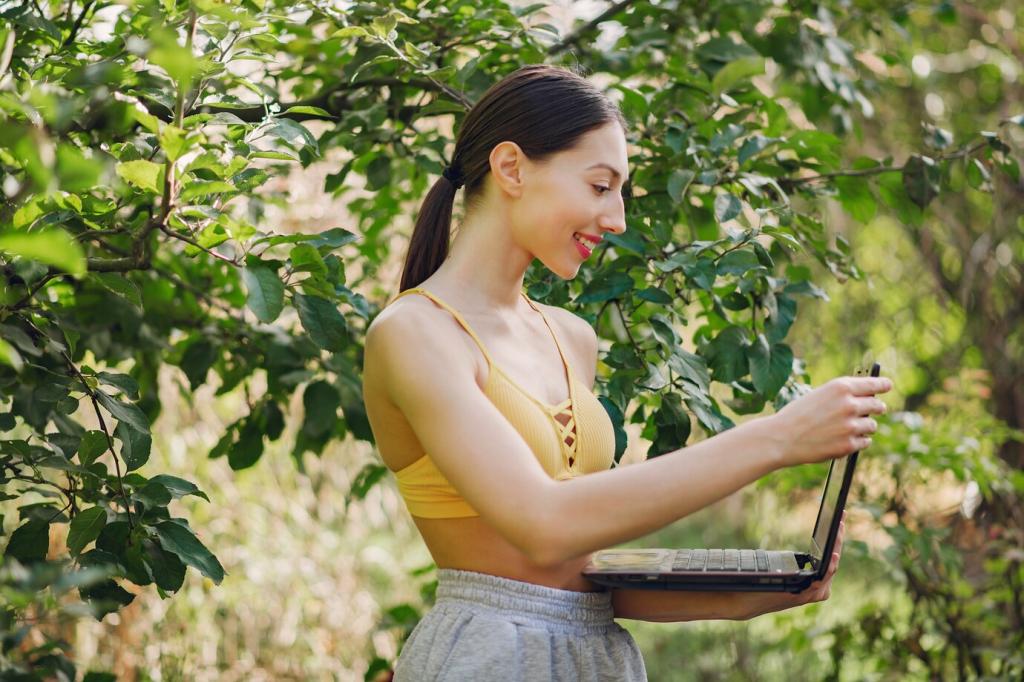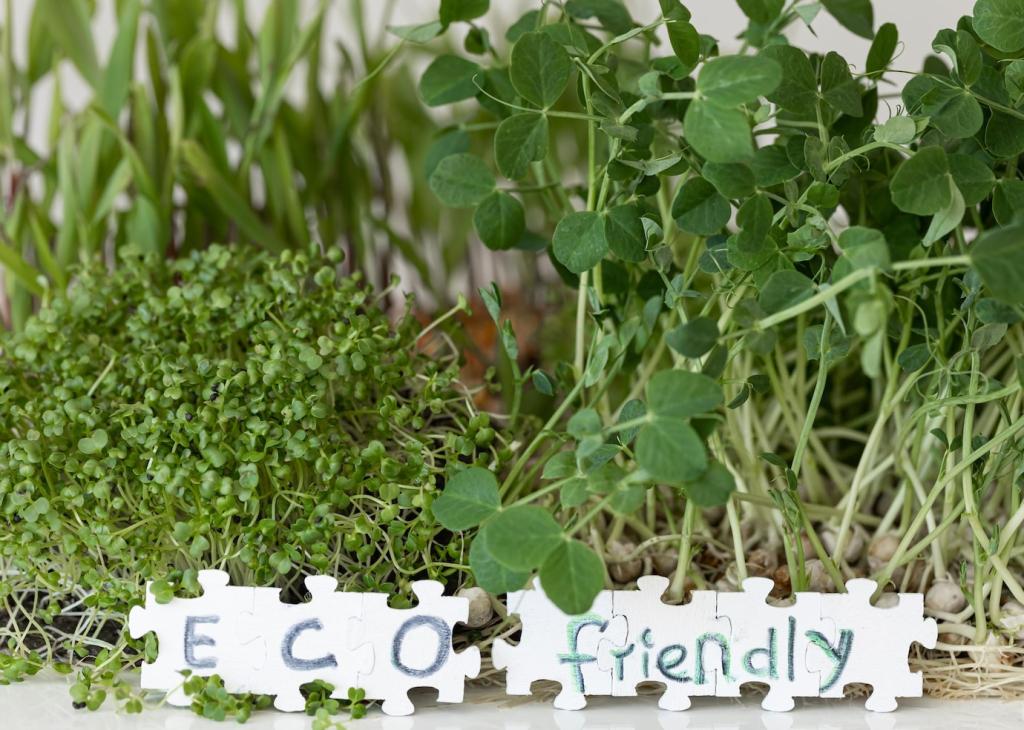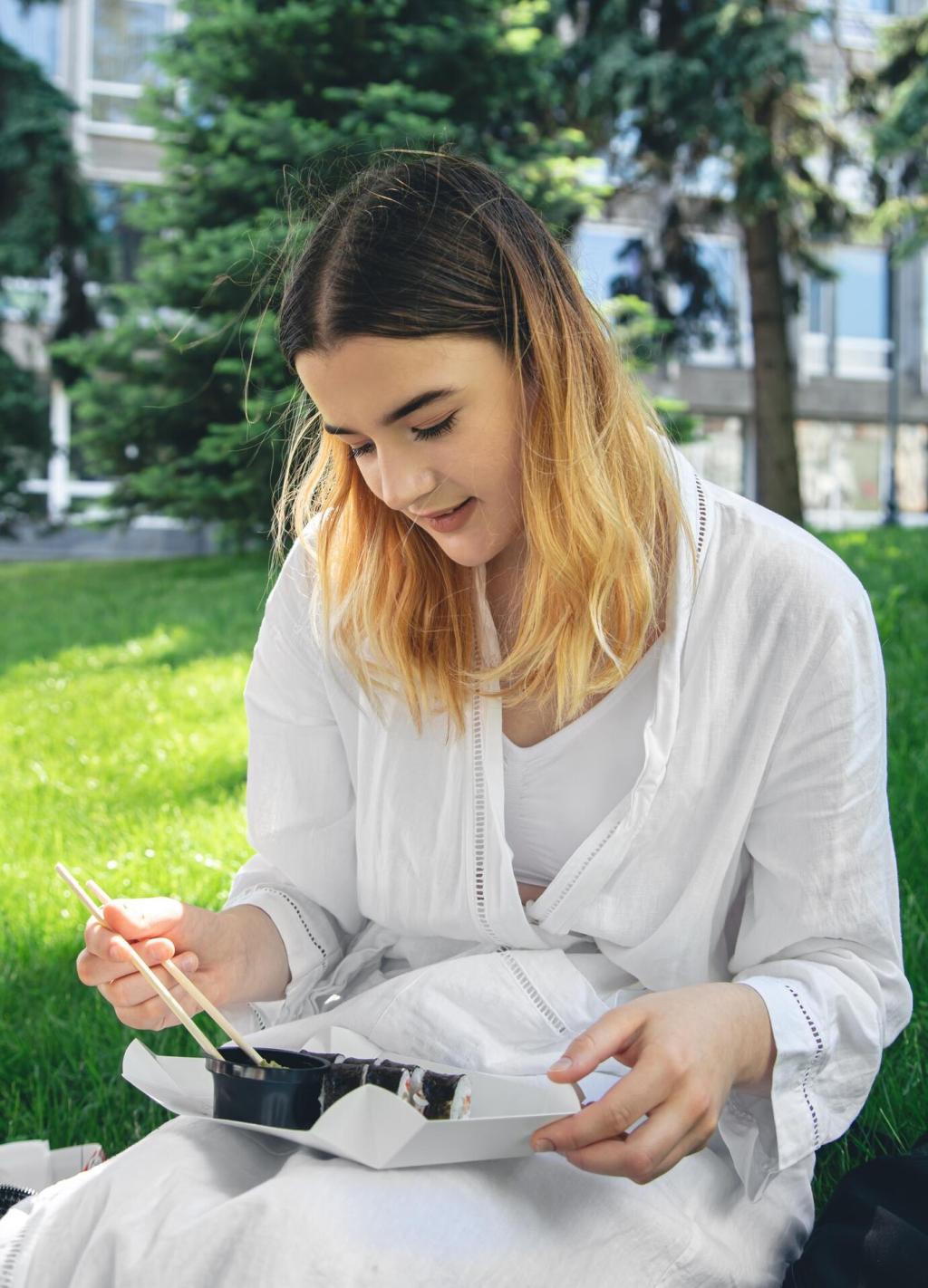
Supporting Local Communities While Traveling
Travel presents an incredible opportunity to not only explore new places but also to make a meaningful impact on the destinations we visit. By supporting local communities, travelers can contribute to economic growth, cultural preservation, and environmental sustainability. Every choice made—from where to stay, eat, and shop to how to engage with local customs—can have far-reaching effects. Understanding the ways in which your travel decisions matter is the first step to becoming a more responsible and thoughtful traveler, reinforcing a positive relationship between visitors and local residents.
Embracing Local Businesses

Staying with Local Hosts
Selecting locally-owned hotels, guesthouses, or homestays enriches your travel experience while keeping financial resources in the hands of residents. These hosts offer more than just a place to sleep; they provide insights, stories, and genuine hospitality that can foster meaningful connections. By choosing this type of accommodation, travelers contribute significantly to the local economy, help create employment, and give smaller businesses the capacity to flourish even in the face of competition from large, international hotel chains. The intimacy of staying with locals often results in a more authentic and memorable visit, fostering respect and mutual understanding.

Dining at Local Eateries
Dining at small, family-run restaurants, street food stalls, or regional cafés offers an authentic taste of the destination’s culinary traditions. Local eateries often source their ingredients from nearby farmers, supporting other small businesses in the supply chain. The flavors and dishes served tend to be closely tied to the area’s heritage and seasonal availability. By choosing these dining options, travelers not only savor unique flavors but also help preserve culinary traditions that might otherwise disappear. This kind of support empowers chefs and staff, ensuring that the local food scene remains vibrant for future generations.

Shopping from Artisan Producers
When it comes to finding souvenirs or gifts, purchasing directly from local artists, craftsmen, and markets has a two-fold benefit. Not only do you acquire unique, handmade items that hold more meaning than mass-produced alternatives, but the money spent stays within the community. By supporting artisan producers, you help maintain traditional skills and craftsmanship, keep cultural practices alive, and encourage the passing down of knowledge through generations. These interactions often foster conversation and learning, bridging gaps between visitors and creators and enriching the overall travel experience.
Respecting Culture and Heritage
Learning Local Customs
Taking the time to understand basic etiquette, greetings, dress codes, and social norms demonstrates respect as a visitor. Whether it’s removing shoes before entering a home, participating in local festivals with humility, or observing quiet in sacred spaces, these actions show cultural awareness. Learning a few simple phrases in the local language can also go a long way in breaking barriers and building connections. Approaching new experiences with openness and willingness to adapt to local customs enriches both the traveler’s experience and the community’s perception of visitors.
Supporting Cultural Events and Museums
Attending community events, festivals, or performances allows you to experience the living culture of a destination firsthand. Visiting museums and heritage sites provides important financial support for their operations and preservation efforts. The funds generated from entrance fees and ticket sales often contribute to educational programs, maintenance, and showcasing local stories. Additionally, respectful participation in these activities signals to locals that their traditions are valued by outsiders, encouraging the preservation and celebration of their unique cultural identity for future generations.
Respectful Photography and Storytelling
Photographing people, places, and ceremonies can be a powerful way to remember and share experiences. However, it’s essential to ask for permission before taking photos, especially of individuals or sacred sites, to avoid invading privacy or disrespecting customs. Responsible sharing of stories and images on social media should highlight the dignity of communities rather than reinforcing stereotypes or exploiting sensitive situations. By reflecting honestly and sensitively about your experiences, you foster understanding and give a voice to the people and places you encounter, rather than turning them into mere backdrops for your journey.
Engaging in Community-Based Tourism
Participating in Local Activities
Engaging in tours, workshops, or classes operated by local individuals or organizations provides opportunities for meaningful interaction. These activities are often tailored to highlight unique aspects of local life, such as cooking classes, traditional crafts, or agricultural experiences. By choosing these options, travelers support employment, skills development, and entrepreneurial ventures within the community. The learning goes both ways: visitors gain new knowledge and skills, while locals share their expertise and stories, often gaining confidence and pride in their cultural heritage.


Volunteering Responsibly
Volunteering abroad can be highly impactful when approached thoughtfully. Rather than imposing outside solutions, it’s important to seek out projects initiated and led by local communities. Responsible volunteering means working alongside residents, respecting their expertise, and ensuring that your involvement genuinely addresses local needs. Effective programs focus on capacity building, knowledge exchange, and sustainability. This approach avoids causing unintended harm, such as dependence or disruption of local systems, and ensures that positive effects will be felt long after you leave.
